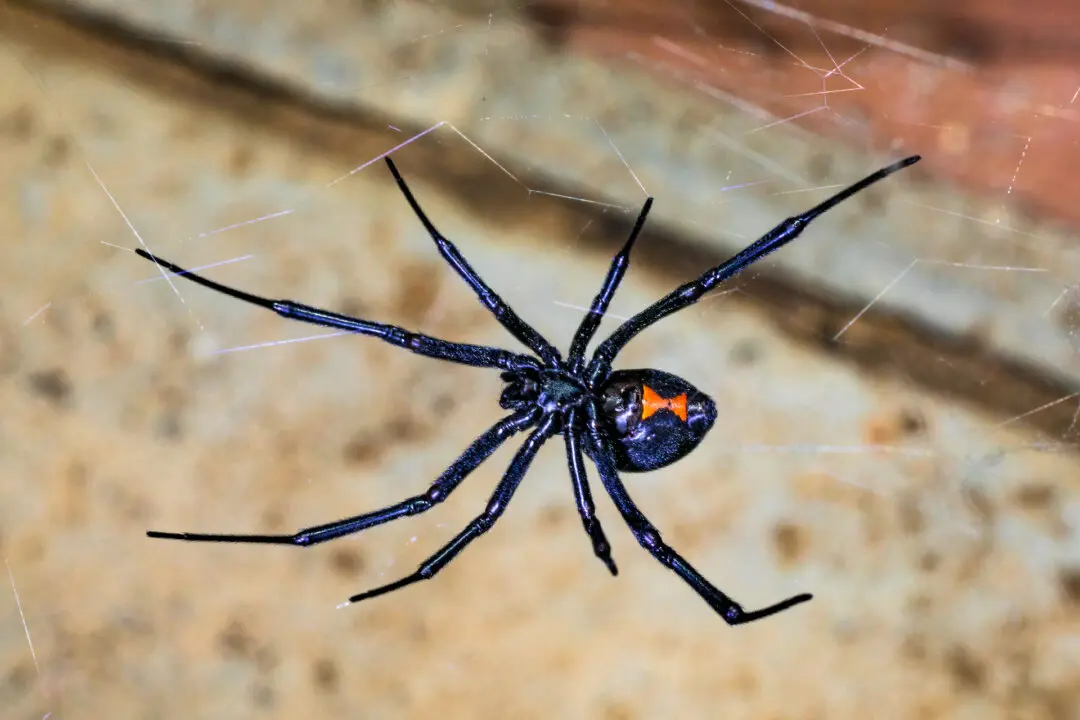Q: I am a vegan, and I want to feed my cats a vegan or vegetarian diet. What’s your advice?
A: Veterinarians who specialize in nutrition recommend against feeding vegan or vegetarian diets to cats because research has shown that these diets are not nutritionally adequate and therefore not safe over the long term.





